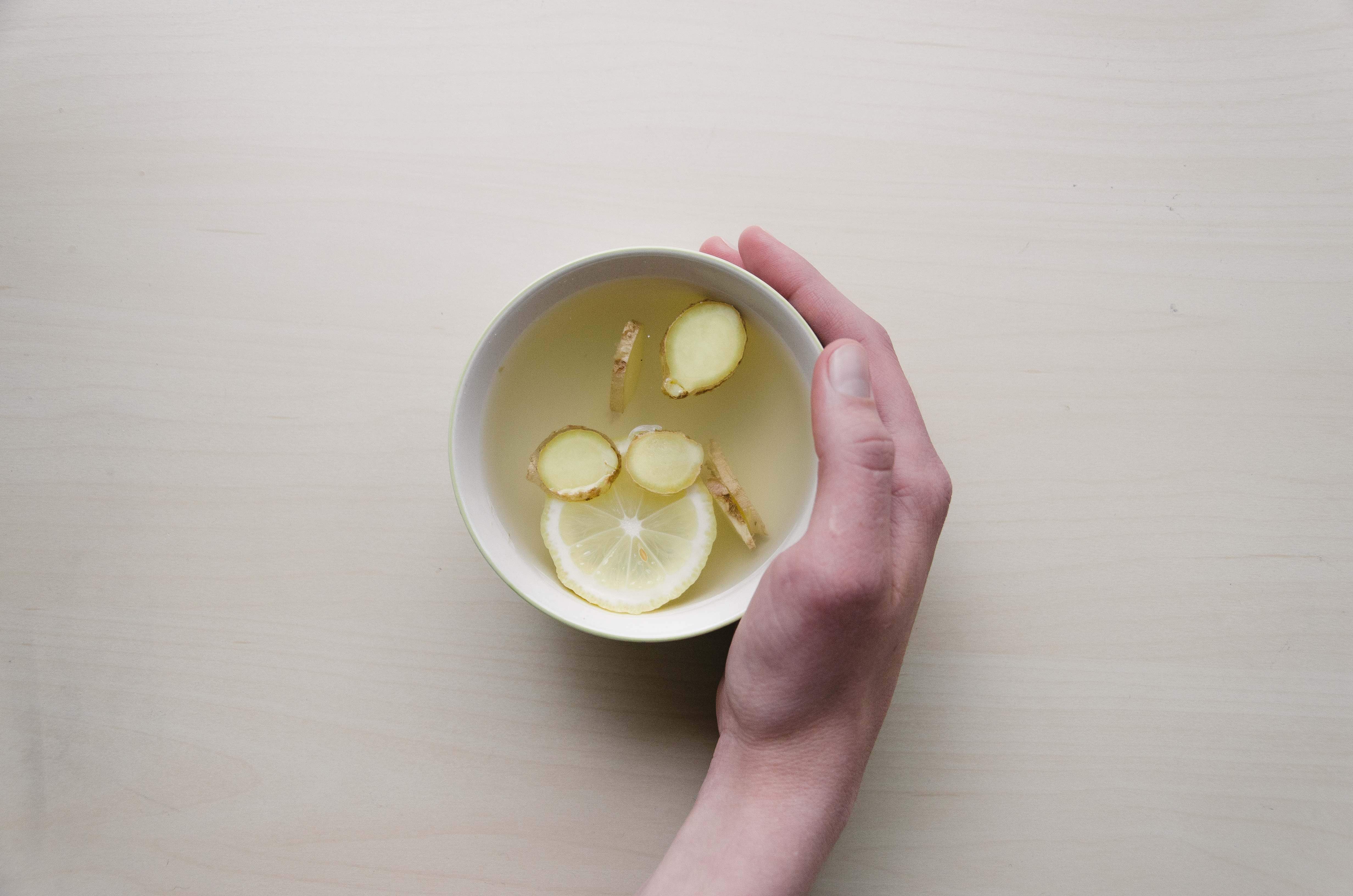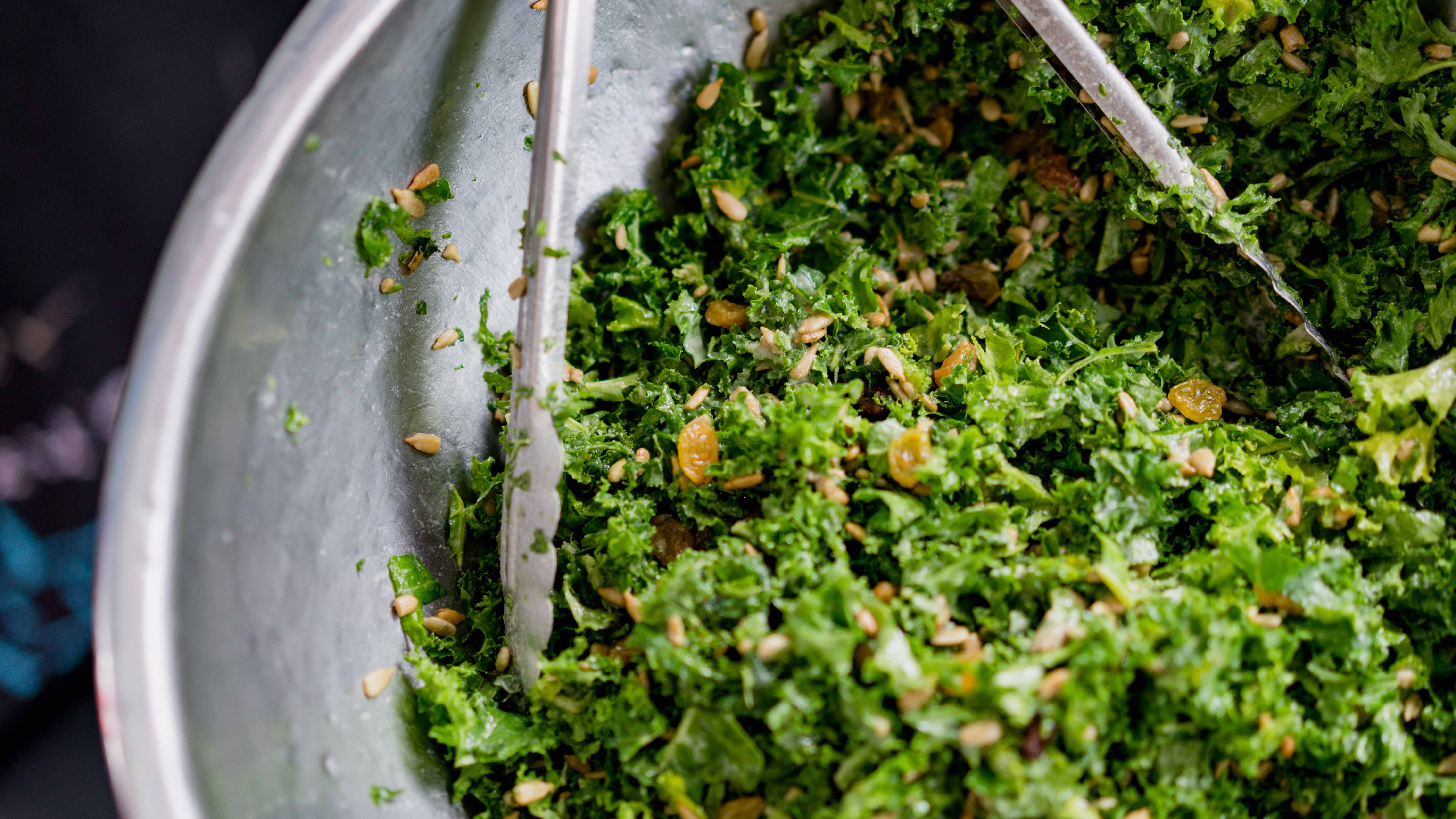
Living with regular headaches is surprisingly common and some people have suffered for years from headaches that simply “won’t go away”. Worse still, the pain can elevate into a longer lasting migraine, which can be debilitating at best.
Although reaching for the painkillers will treat the symptoms (the pain), this will not address the root cause of what is causing the migraine. In reality, headaches and migraines are no different from any other disease; they are the symptom of an imbalance in the body and there are a number of factors that could be contributing to the symptoms that manifest as a pain in the head.
It is worth noting that taking too many medications can actually encourage worse pain, as our pain threshold alters and the brain loses it’s ability to regulate pain. In addition, taking painkillers on a regular basis, especially anti-inflammatory medications, can have an adverse effect on our gut health.
Look for the underlying cause of headaches
By understanding the underlying cause and the possible triggers, we can take steps to manage and minimize the onset of symptoms. Assuming guidance has been sought from your GP and no contributing medical condition has been diagnosed, I have set out below some of the common triggers that can be attributed to the cause of headaches and migraines:
-
Food sensitivities
Despite the fact that you may have been eating a specific food for years, this food can still be the culprit responsible for a headache. You may not have associated the consumption of this food with the onset of symptoms. Gluten is a common cause and as it is the protein found in wheat, barley, rye, oats and spelt, it is likely to be eaten in large quantities if your diet is haphazard and you are unaware of this sensitivity. This food allergy or intolerance will result in significant inflammation, which your body will react negatively to.
Action: If you suspect food may be causing sensitivity and there may be an association with eating the food and a resulting headache, I would recommend an elimination diet, where you avoid the food in question for at least 3 weeks and then re-introduce the food gradually over 3 days, noting any symptoms. If you are avoiding more than one food, eg gluten, eggs, dairy, then re-introduce each food separately.
Other common food triggers are:
- Sweeteners such as Aspartame
- Artificial food colourings
- Chemicals found in processed foods, such as MSG (Monosodium Glutamate)
- Nitrates found in cured meats
- Sulphites found in wine and dried fruits
- Tyramine-containing foods like cheese and chocolate
These foods have all been linked with triggering migraines/headaches and best avoided completely.
-
Low Blood Sugar
Skipping meals or eating foods that are high in refined sugars will result in sugar surges and the inevitable crash that follows. This sudden crash can be a headache trigger as your body will be trying to alert you of this low sugar state.
Action: Try to avoid missing meals if you are susceptible to headaches; aim to prep a breakfast that you can grab quickly and a lunch box the night before, if you’re pressed for time in the mornings and allow time to eat a meal even during a busy day. Each meal should consist of good quality protein, such as meat, fish, chicken, eggs, cheese or beans/pulses and at least 2 portions of fruit or vegetables. Opt for complex carbohydrates, for example, starchy vegetables like butternut squash, parsnips or sweet potato and whole grains such as quinoa and brown rice. These choices will ensure a slower release of sugar into the bloodstream and therefore a more slow removal of this sugar so that you do not dip suddenly and trigger a headache.
-
Dehydration
If you’re not drinking enough water, you’ll become dehydrated; your blood volume drops and in doing so the brain tissue will receive less oxygen. One theory also suggests that lower hydration levels in the body can have a shrinking effect in the brain, which can trigger the pain receptors in the brain region.
Action: Aim to drink around 2 litres of water per day but remember this can be made up of, not only water but also hot beverages and herbal teas, soups, fruits and vegetables, many of which have high water content.
-
Lack of Vitamin D
A vitamin D deficiency may increase the risk of chronic headache, according to a new Finnish study.
Action: Vitamin D is difficult to obtain solely from the diet as it isn’t found in many foods. Increasing consumption of oily fish and dairy foods, especially if fortified, will help to boost levels.
With little exposure to sunlight in winter months, vitamin D levels are likely to be low and furthermore, the amount of vitamin D your skin makes depends on many factors, including the time of day, season, latitude and your skin pigmentation. It is worth noting that sunscreen, while important, also can decrease vitamin D production.
A vitamin D supplement can be considered.
-
Hormone imbalances
The normal fluctuations of oestrogen and progesterone around the monthly cycles can cause migraines or headaches in some women. For example, a drop in oestrogen levels at the beginning of a period can often trigger headaches as does taking the birth control pill or another hormone replacement therapy. During peri-menopause, the phase leading up to the menopause, Oestrogen levels are also reducing and this can cause headaches. However, these symptoms are exacerbated by factors such as stress, too much alcohol and a diet high in sugars and refined carbohydrates. A lack of exercise and sleep will also have an adverse effect. It is important to get the hormones back in balance.
Furthermore, according to a study by the University of Cincinnati, those who suffer from migraines and headaches are more susceptible and at a greater risk of developing a thyroid condition called Hypothyroidism, which can result in low energy, lethargy and weight gain.
Action: Try to ensure a healthy balanced diet, high in soluble fibre, which will attach to any excess or used up hormones in the body and ensure that they are removed effectively. If they are not removed, they will remain in circulation resulting in hormonal imbalances. Avoid alcohol, caffeine, sugar and refined carbohydrates and replace with foods that high in soluble fibre like oats, beans and pulses such as lentils, red kidney beans and cannellini beans. Also include cruciferous vegetables such as cabbage, cauliflower, broccoli and Brussels Sprouts.
-
Magnesium Deficiency
Magnesium is one of the most essential minerals needed by the human body and is involved in over 300 reactions, including energy production and muscle contraction/relaxation. It is known as the body’s natural calming and during stressful periods, the body uses more magnesium. A diet lacking in magnesium-rich foods, extreme exercise and increased excretion by the kidneys, due to high alcohol intake or diabetes will result in a number of debilitating symptoms including headaches.
Action: Ensure your diet is high in magnesium-rich foods on a daily basis. These foods include dark green leafy vegetables such as spinach, kale and rocket as well as nuts and seeds.
Recipe: This delicious Kale and Courgette soup packs is a good source of magnesium and perfect for the whole family.
-
Digestive Bacterial imbalance
As with many health conditions, overall health begins in the gut and an unhealthy digestive system will result in a number of symptoms including headaches. Ensuring a healthy gut is vital to ensure against any bacterial imbalances or yeast overgrowth in the gut. Living with persistent symptoms such as bloating, wind, stomach cramps have become commonplace but repairing and re-inoculating a damaged gut will go a long way to alleviating these symptoms and ensuring the headaches do not manifest.
Action: Optimal gut health relies on a healthy balance of good bacteria vs bad bacteria and eating a diet high in fibre will nourish the good bacteria. A diet high in sugar and refined carbohydrates, such as pasta, bread and rice will encourage the proliferation of the bad bacteria in the gut. Eating probiotic yoghurt and fermented foods such as Kefir and sauerkraut or miso (fermented soybeans) as a stock base for soup, will all contribute to the levels of good bacteria in the gut and encourage a healthy gut microbiome. A daily probiotic can be considered as part of a gut restorative programme.
Testing
Food Allergy/Sensitivities:
- IgG food allergy test panel
- Gluten allergy tests.
Yeast and bacterial imbalances in the gut:
- Comprehensive Stool analysis
- Urine test
Hormone Imbalances
- Blood/Saliva Comprehensive Female Hormone test
- Blood/Saliva Full Thyroid panel
Energy Imbalances
- Urine Organic Acids test to establish the mitochondria function and energy production
Making sustainable changes to your diet and lifestyle are key and with the help of a nutritional therapist to guide you, it is perfectly possible to banish the headaches and ensure that you truly thrive day-to-day.
Do you suffer from migraines? Let me know in the comments below if you have found a connection with any of the underlying causes above and how you have tried to ensure they do not persist?











0 Comments